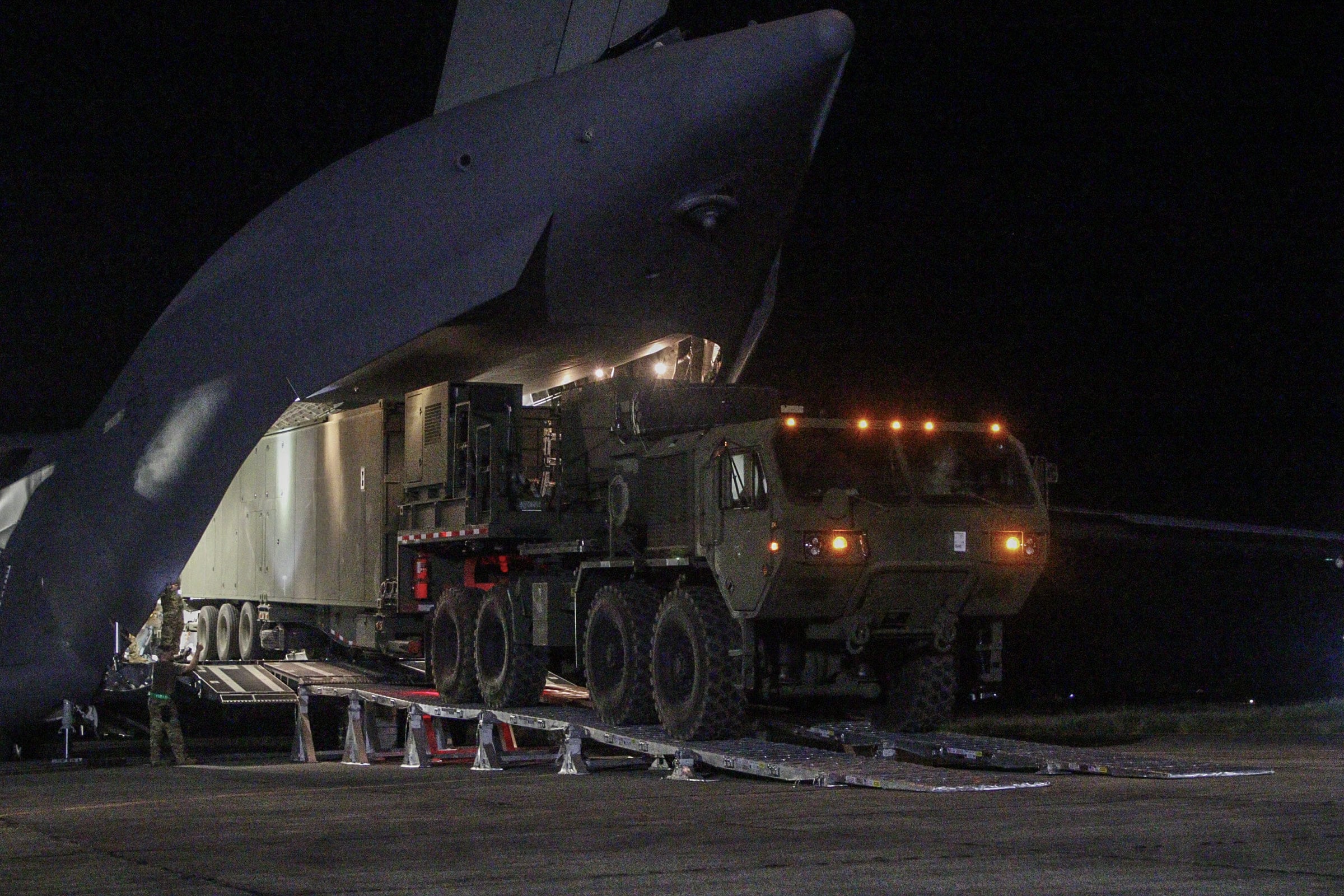A new survey of Iraq and Afghanistan veterans released Monday shows significant dissatisfaction with national security officials’ recent handling of sensitive military information, as well as broad concerns about potential cuts to federal support services related to White House moves.
The poll — from Iraq and Afghanistan Veterans of America and Columbia University’s Center for Veteran Transition and Integration — also found more than half of respondents said they were less confident in America’s long-term national security since President Donald Trump’s inauguration.
More than 1,400 veterans were surveyed in the report, the vast majority of whom (89%) served in Iraq, Afghanistan or Syria during their time in the ranks. More than half described themselves as politically independent, with the remainder split almost evenly between Republicans and Democrats.
But study authors found the negative responses in the survey cut across political lines.
About 86% of veterans polled said that individuals involved in the leak of sensitive military airstrike information on the messaging platform Signal should be “held accountable” for those mistakes. That included 76% of veterans who identified as Republicans.
The Pentagon’s inspector general office is already investigating Defense Secretary Pete Hegseth’s use of Signal ahead of March airstrikes in Yemen against Houthi targets. In unsecured messages, Hegseth shared details of the timing of the attack and weapons to be used with a number of administration officials, including Vice President JD Vance and National Security Advisor Mike Walz.
Also copied on those messages was a senior editor from The Atlantic, who later publicly shared excerpts of the controversial chats.
Security experts and White House officials have sparred since then over whether the unsecure sharing of information constitutes criminal acts. Trump has stood by Hegseth and other officials, even as other potential information security violations have emerged.
The latest survey also found that 81% of veterans are concerned that plans for federal cuts to government services could impact veterans benefits and health care, despite promises from Veterans Affairs officials that support programs will be preserved.
Related, 42% of veterans in the survey said they are less likely to recommend military service to a friend or family member than they were a year ago. Almost half (48%) said they would discourage potential recruits from joining.
IAVA officials said the survey should not be extrapolated to represent the views of all American veterans, since the younger generations of former military members share distinct characteristics from the previous ones.
Past work by the group has shown veterans from the Iraq and Afghanistan era are more diverse — both in terms of race and gender — than older generations of veterans, and are less likely to identify with major political parties.
They are also more likely to currently be in the workforce than their older peers. About one in five veterans surveyed said they know someone who is unemployed due to recent federal civilian job cuts.
The full survey is available on the IAVA web site.
Leo covers Congress, Veterans Affairs and the White House for Military Times. He has covered Washington, D.C. since 2004, focusing on military personnel and veterans policies. His work has earned numerous honors, including a 2009 Polk award, a 2010 National Headliner Award, the IAVA Leadership in Journalism award and the VFW News Media award.





